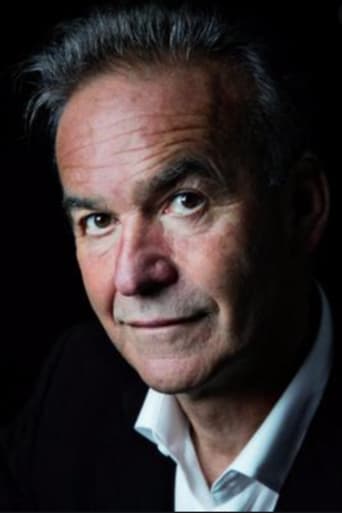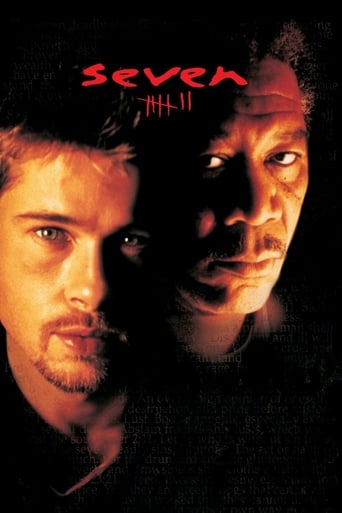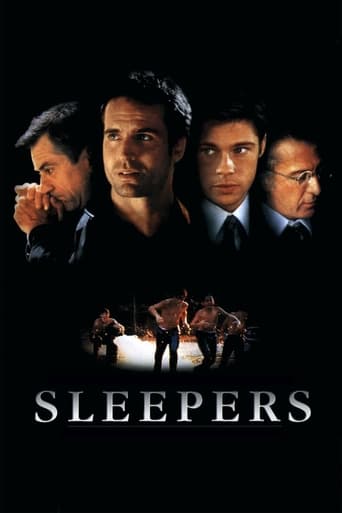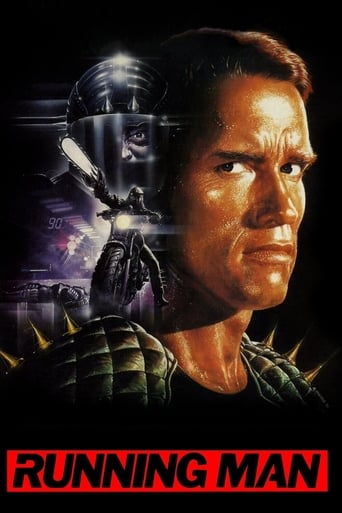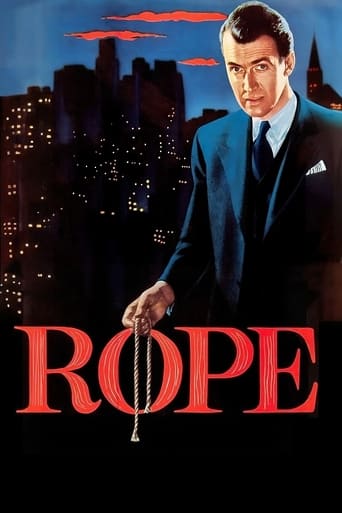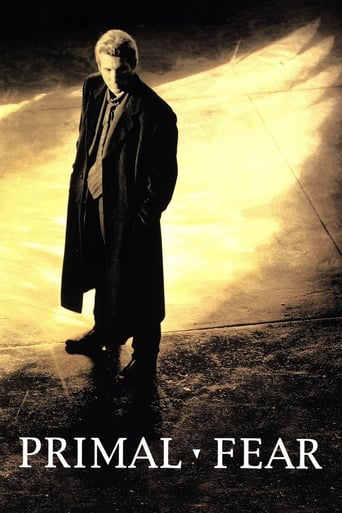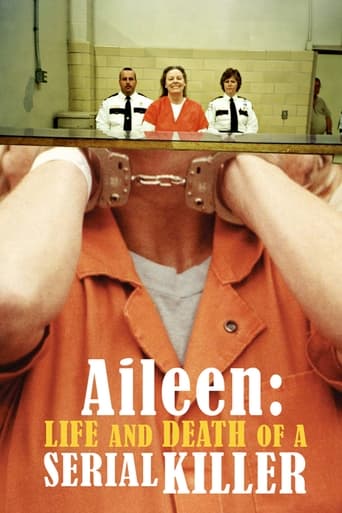
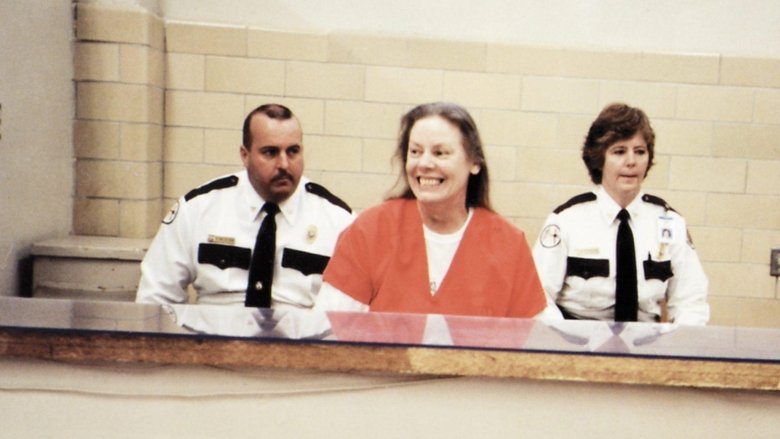
Aileen: Life and Death of a Serial Killer (2003)
British documentarian Nick Broomfield creates a follow-up piece to his 1992 documentary of the serial killer Aileen Wuornos, a highway prostitute who was convicted of killing six men in Florida between 1989 and 1990. Interviewing an increasingly mentally unstable Wuornos, Broomfield captures the distorted mind of a murderer whom the state of Florida deems of sound mind -- and therefore fit to execute. Throughout the film, Broomfield includes footage of his testimony at Wuornos' trial.
Watch Trailer
Cast


Similar titles
Reviews
If you like documentaries on serial killers or murderers, this is obviously one for your collection. Nick Broomfield has you captivated from the outset. My only gripe is that I felt that Broomfield laid a bit too much pressure on Wournos. He kept repeating the same question over and over to her and you can sense it is tiring her out, even aggravating her. The repeated questioning also has you believe that Broomfield is doing this for his own agenda and not for getting the points that Wournos wanted to get across to the viewers.I personally felt she was remorseful for her actions. She was doing her time and she knew where her fate lied. She didn't want to be judged anymore, she was exhausted and just wanted everything to be finalised.A shocking start to her life, you can empathise with Wournos. There's no getting away from the fact that what she did, deserved a life sentence, but death? In my opinion, definitely not. As Broomfield points out, she was clearly insane and even more so towards the end of her sentence, as I guess almost anyone would be in that situation. A tragic tale of a human life that was definitely drawn the proverbial 'short straw'.Don't forget the tissues, for the ending.
OK, documentary. Nick Bloomfield had more sympathy for a serial killer than the people that she killed. Yes, Aileen had a horrible life, but still does not give her an excuse to kill innocent people. Aileen said outrages things to Nick because she knew she could manipulate him and he bought it hook, line, and sinker. Aileen had Nick wrapped around her little finger because he believed her lies and every story that she told him. Very bias documentary in favor of a serial killer.
This is the second documentary about Aileen Wuornos that Nick Broomfield has made. She is still alluded to as America's first female serial killer- she was neither the first nor the most prolific - but for good reason she holds a special place in the halls of infamy. One is entitled to ask what is his fascination with a woman who had no redeeming qualities at all, but that is a fascination shared by many people. Had Wuornos been a man - and of course there are plenty of male serial killers who have racked up greater death counts - there would have been none of this, although there would rightly have been plenty of revulsion.This film includes interviews with many people, including of course with the damsel of death herself, right up to the eve of her execution. Good riddance to bad rubbish.
Nick Broomfield, a reflexive filmmaker, using a minimum crew, grabs the title's famed personality and important political context in this film, which was to be the peak of his observations on the filmmaker as accomplice and his original documentary on Aileen Wuornos is introduced as evidence during a new trial depicted in this one, he himself called as a witness. Aileen: Life and Death of a Serial Killer comes to stand, very alarmingly, as the final wailings from a woman struggling to battle her own commodification. Not even Charlize Theron's striking portrayal of the accused can rival the entrancing real thing, whose premeditated admissions of regret hardly mask her cancerous rage at a life span of abuse, oppression, exploitation and neglect.A poignant examination of a destroyed and atrophied life and an inarguable denunciation of the death penalty and its supporters, this film is a major paradigm shift. After over a decade on death row, Wuornos, who persistently claimed self-defense from rape by her seven victims, upturned her initial testimony, saying that she committed the murders and wanted to atone with God. Broomfield's camera, at one point, keeps rolling unbeknownst to Wuornos, and she comes clean to the documentarian that she could not carry on her death row vigil and just wants it all to be over. Jeb Bush signed the execution order to grant her wish, claiming it the moral and correct thing to do.Broomfield and his collaborator Joan Churchill, using Wuornos' past as a background, cement a dissertation that negates the pro-death penalty case made by its advocates, most significantly Jeb Bush who wants Florida to be more like Texas when it comes to killing convicts. The documentarians grill this negligence for human life and cite the 100 or more cases where a death row inmate was released as innocent. This should be enough to abolish the barbarity. Link this affirmation with the barefaced, obvious and palpable proof of Aileen's unstable state of mind.Again, the power of the film comes from its merging of the angry political framework with its unspeakable personal strife. Broomfield resolutely uses his camera to show the aggrieved, bewildered mental state of his subject. He pins down her history, supplying abundant verification for her present state. The media spectacle that envelops death row as Aileen's execution approaches exposes the freak show that cultivated this unfortunate woman. After Aileen's death is broadcast, the statement made to the press details her last words, incoherence about Jesus and spaceships.To most people, the proof of the senses is generally reliable. We say seeing's believing. If someone asks, "How do you know someone's in the bathroom?" it's sufficient to say, "Because I saw and heard them." Consistent with the conventions of day-to-day life, an assertion's verified if we can refer to some sense encounter as proof of it. But the senses are vulnerable, exposed. Even a more internally unfailing practice may not match with any truth. Historical fact and deduction may all be coherent, but maybe things didn't occur that way. You could even say science and mathematics, while making purely logical sense, may not illustrate truth at all. How many detective stories involve evidence clearly pointing to a character who turns out to be innocent after all? Vice versa? Perhaps the most telling moment of the film is when Broomfield has to pretend the camera is off for Aileen to say something, something very distressing that may or may not be the truth, but to her, it's gospel.


